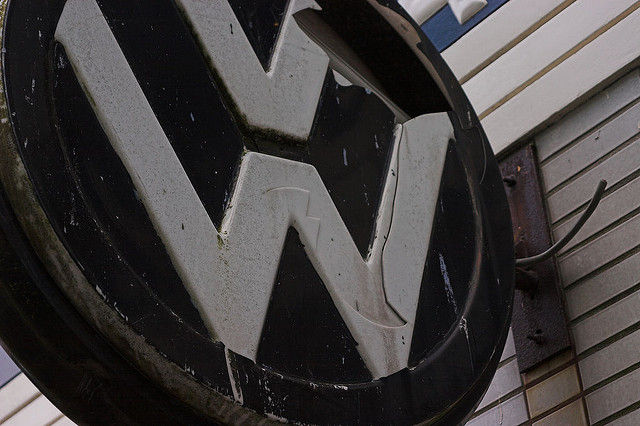
(credit: Erik B)
On Wednesday, Reuters reported that two anonymous sources briefed on the matter agreed that Volkswagen Group would buy back nearly 500,000 2.0L engine diesel vehicles equipped with illegal defeat devices as part of an agreement with the Environmental Protection Agency (EPA). A third person briefed on the matter added that VW Group would set up a compensation fund for people who had purchased the Volkswagen and Audi diesels, although that source did not specify how much each diesel purchaser would get from the fund. Reuters reports that the compensation fund represents more than $1 billion.
The diesels were discovered in September to be equipped with illegal defeat devices, sending the German automaker’s stock in a tailspin and setting off a ripple effect of scandal throughout the company. The EPA discovered that the 500,000 US diesels were cheating its emissions tests, using software to keep the car within permissible emissions ranges during laboratory tests, but then switching off that emissions control system when the car was being driven in real-world conditions.
The EPA estimated that VW Group’s 2.0L engines were emitting up to 40 times the amount of nitrogen oxide (NOx) as was allowable by federal regulations.






